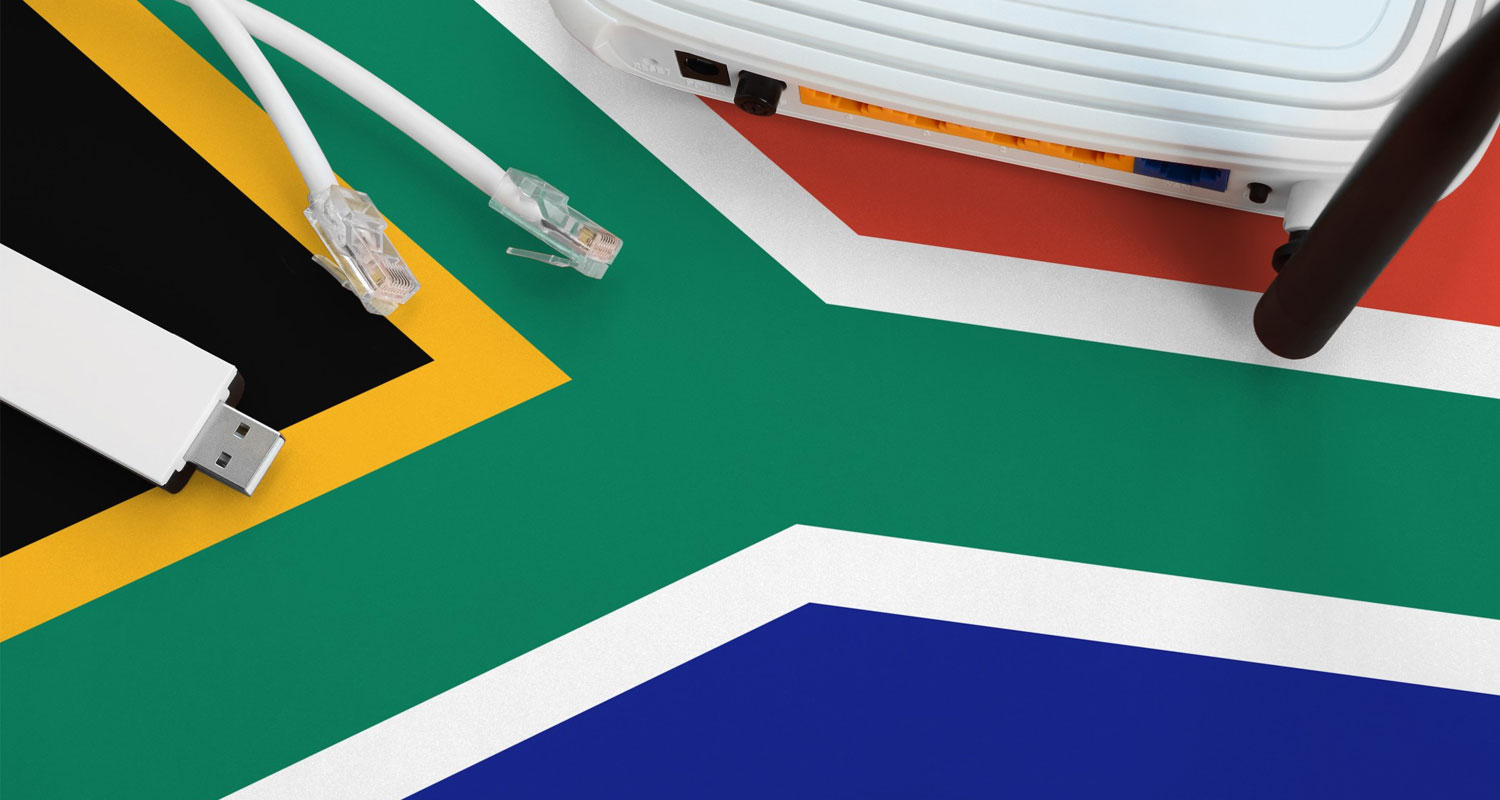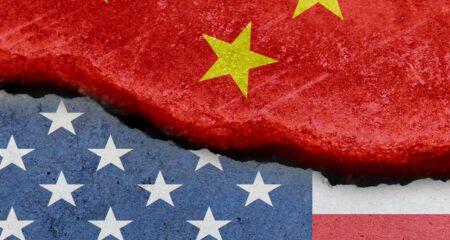 The US and about 60 other nations on Thursday signed a political commitment to push rules for the Internet that are underpinned by democratic values, at a time when the US has accused Russia of wielding Internet disruptions as a part of its escalating attacks on Ukraine.
The US and about 60 other nations on Thursday signed a political commitment to push rules for the Internet that are underpinned by democratic values, at a time when the US has accused Russia of wielding Internet disruptions as a part of its escalating attacks on Ukraine.
South Africa is not among the signatories, though the African nations of Kenya, Niger and Cabo Verde are.
Read the declaration (PDF)
The commitment, called the “Declaration for the Future of the Internet” — the first such effort of its kind — protects human rights, promotes free flow of information, protects the privacy of users and sets rules for a growing global digital economy among steps to counter what two Biden administration officials called a “dangerous new model” of Internet policy from countries such as Russia and China.
The US is witnessing a global trend of rising digital authoritarianism, with countries such as Russia having acted to repress freedom of expression, censor independent news sites, interfere with elections, promote disinformation and deny their citizens other human rights, the officials said.
“Look at what … Russia is doing, some of the steps China is taking, and I think we see this as a response to these kind of ‘splinternet’ tendencies by a number of authoritarian countries around the world,” one of the officials said, referring to a characterisation of the Internet as splintering and dividing due to various factors, such as politics.
Since its invasion of Ukraine, Russia has launched cyberattacks, including hacking into a satellite Internet provider’s network at the beginning of the invasion. The administration officials said the new effort is not an attempt to address cyber warfare.
Coalition of democracies
The declaration is a modified version of the White House’s efforts from last year to rally a coalition of democracies around a vision for an open and free Web.
The countries joining the US include Australia, Argentina, Belgium, Canada, Denmark, Georgia, Germany, Greece, Israel, Italy, Japan, Netherlands, the United Kingdom and Ukraine.
Department of international relations & cooperation spokesman Clayson Monyela did not respond to a request for comment on whether South Africa was invited to be a signatory to the pact and, if so, why it chose not to participate. — Nandita Bose, (c) 2022 Reuters, with additional reporting (c) 2022 NewsCentral Media




